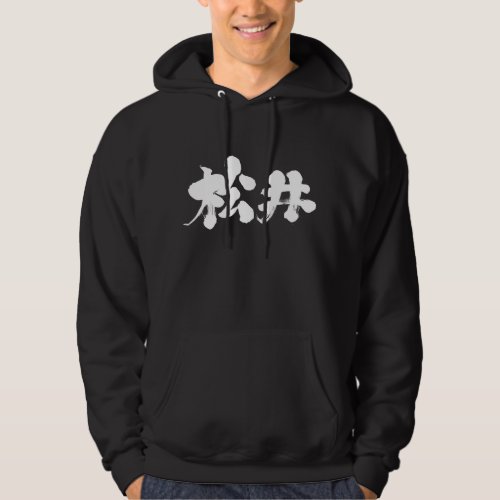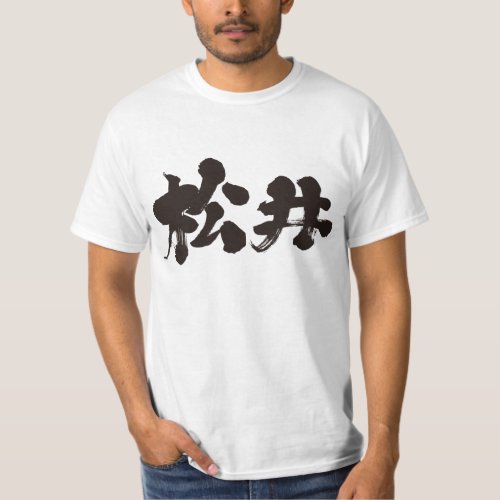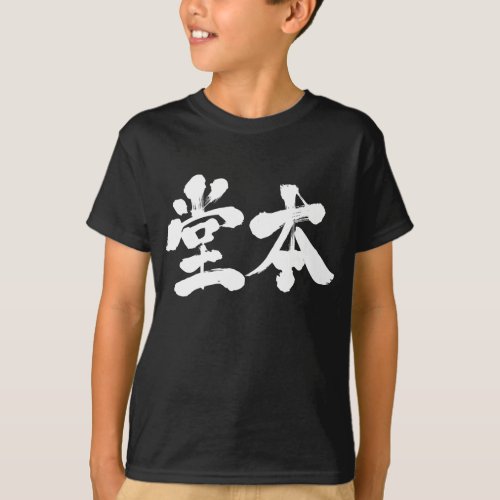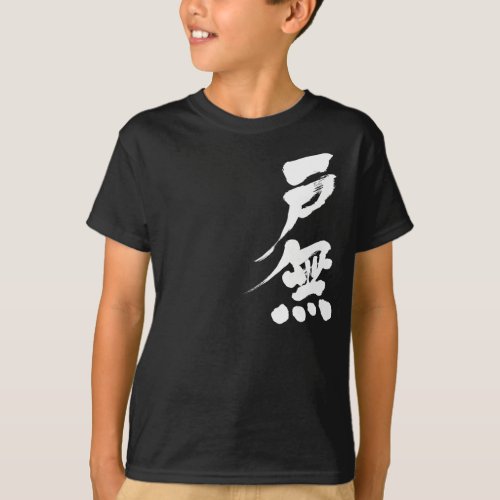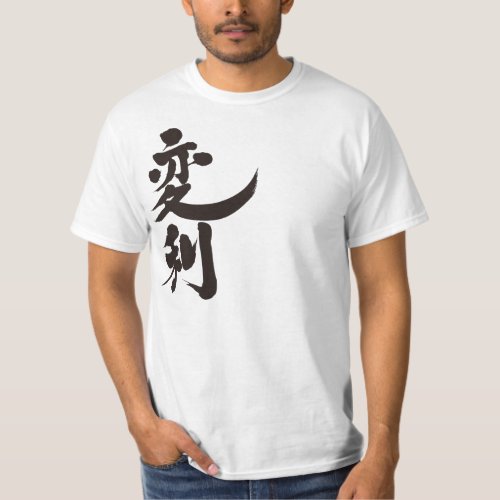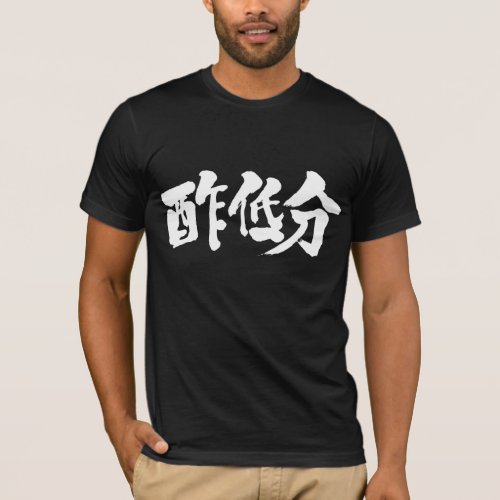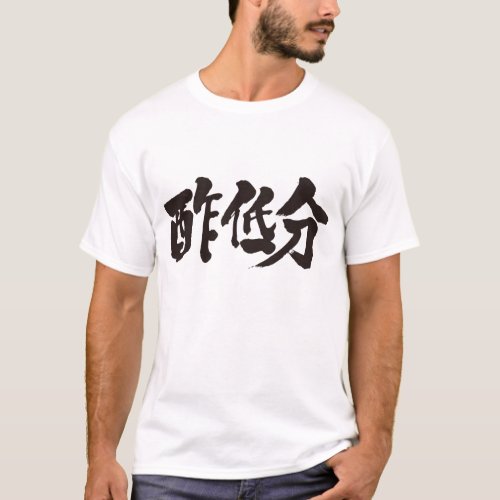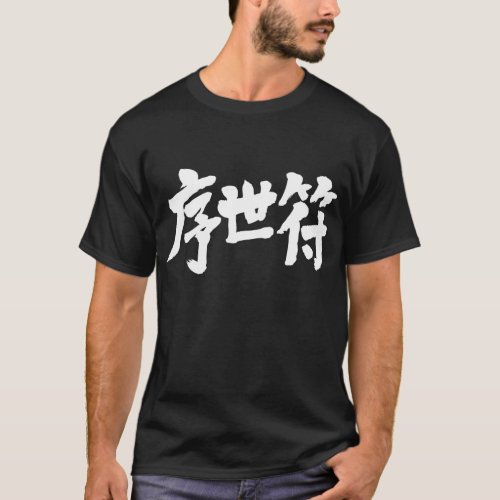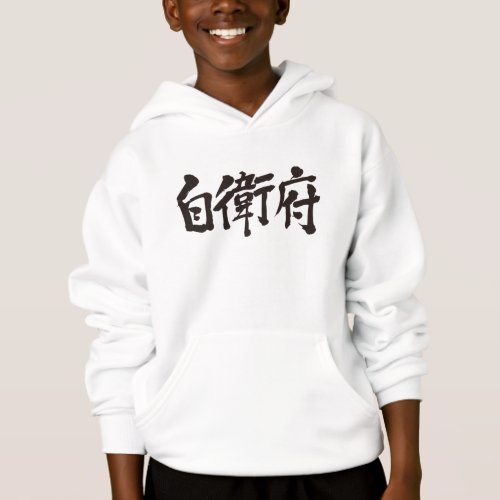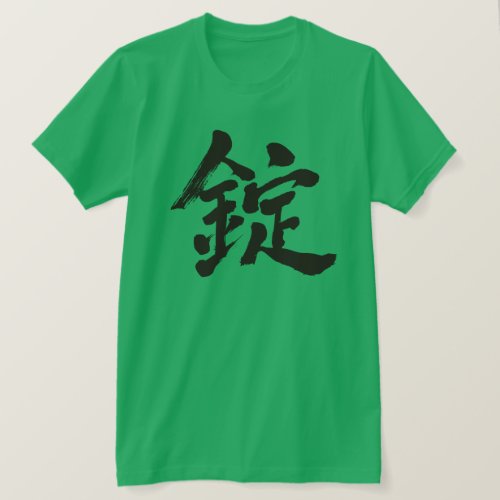his
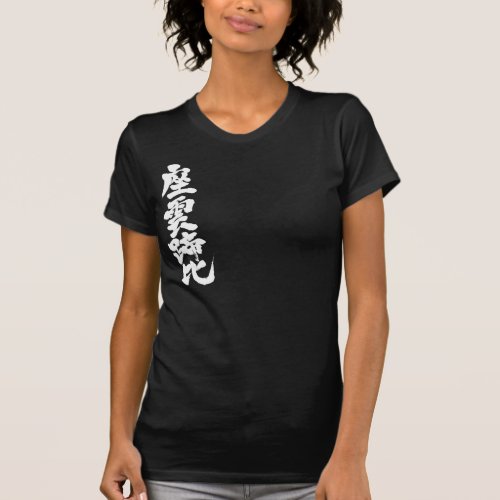
[Kanji] Hello! Xanthippe T-Shirt
Your (her/his) name became a Chinese character [Kanji]. This used as a phonetic symbol rather than for its meaning.
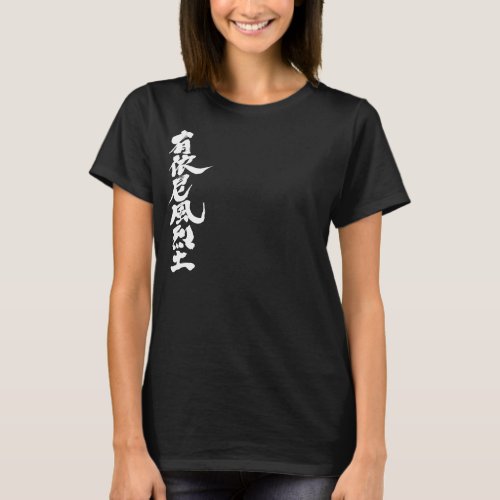
[Kanji] Hello! Winifred. T-Shirt
Your (her/his) name became a Chinese character [Kanji]. This used as a phonetic symbol rather than for its meaning.
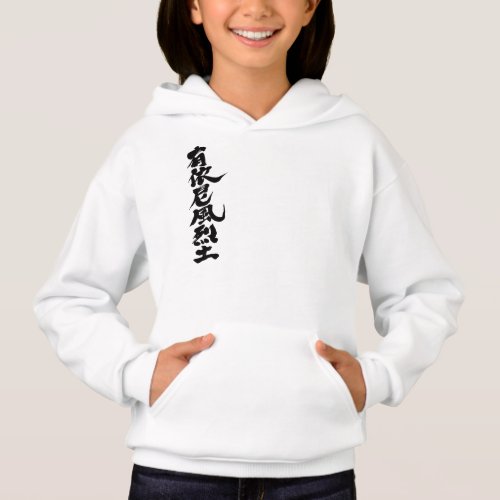
[Kanji] Hello! Winifred. Hoodie
Your (her/his) name became a Chinese character [Kanji]. This used as a phonetic symbol rather than for its meaning.
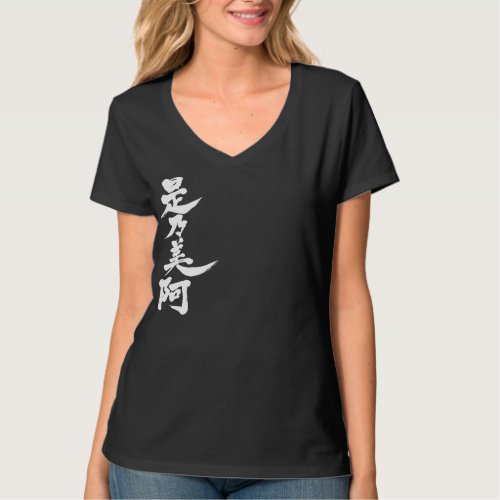
[Kanji] Hello! Zenobia T-Shirt
Your (her/his) name became a Chinese character [Kanji]. This used as a phonetic symbol rather than for its meaning.
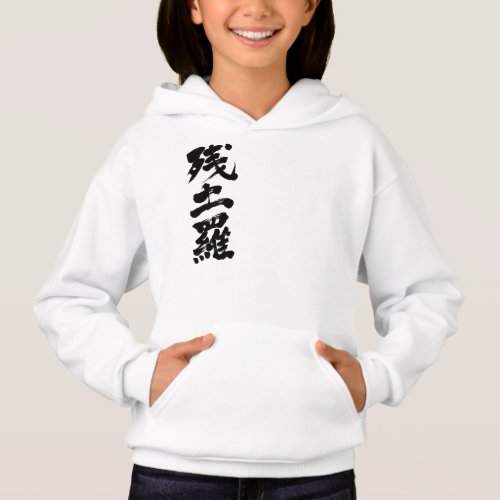
[Kanji] Hello! Zandra Hoodie
Your (her/his) name became a Chinese character [Kanji]. This used as a phonetic symbol rather than for its meaning.
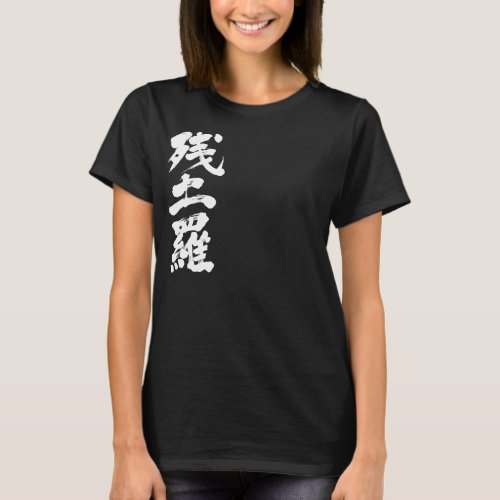
[Kanji] Hello! Zandra T-Shirt
Your (her/his) name became a Chinese character [Kanji]. This used as a phonetic symbol rather than for its meaning.
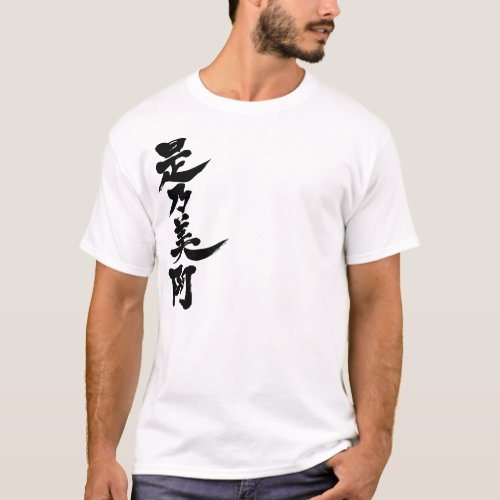
[Kanji] Zenobia T-Shirt
Your (her/his) name became a Chinese character [Kanji]. This used as a phonetic symbol rather than for its meaning.
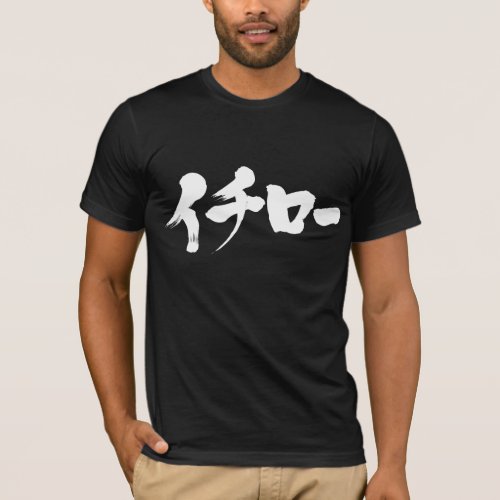
[Kana] Hello! Ichiro. T-Shirt
Your (her/his) name became a Chinese character [Kanji]. This used as a phonetic symbol rather than for its meaning.

[Kana] Hello! Ichiro. Hoodie
Your (her/his) name became a Chinese character [Kanji]. This used as a phonetic symbol rather than for its meaning.
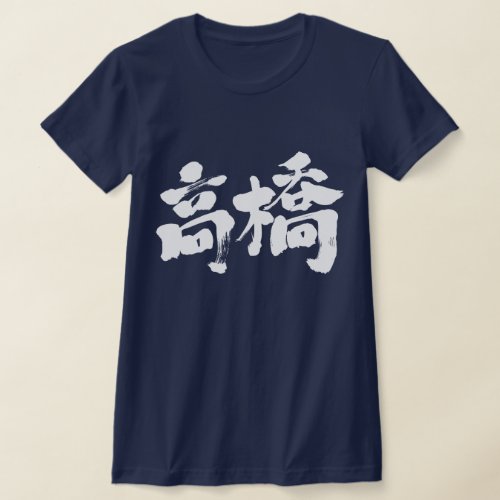
[Kanji] Hello! Takahashi. T-Shirt
Your (her/his) name became a Chinese character [Kanji]. This used as a phonetic symbol rather than for its meaning.
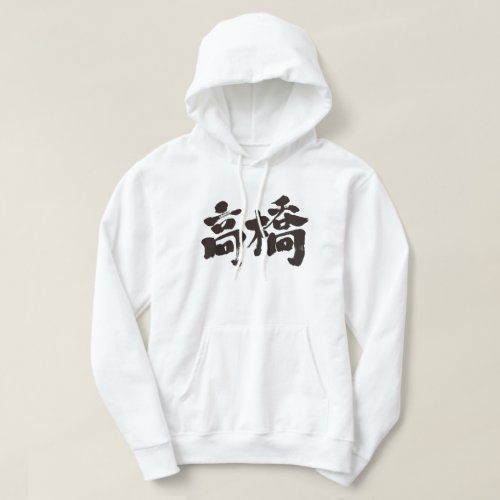
[Kanji] Hello! Takahashi. Hoodie
Your (her/his) name became a Chinese character [Kanji]. This used as a phonetic symbol rather than for its meaning.
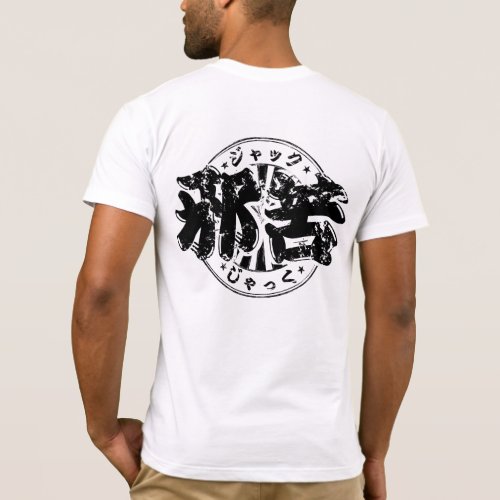
[Kanji] Cool! Jack. T-Shirt
Your (her/his) name became a Chinese character [Kanji]. This used as a phonetic symbol rather than for its meaning. The upper part is a your (her/his) name in
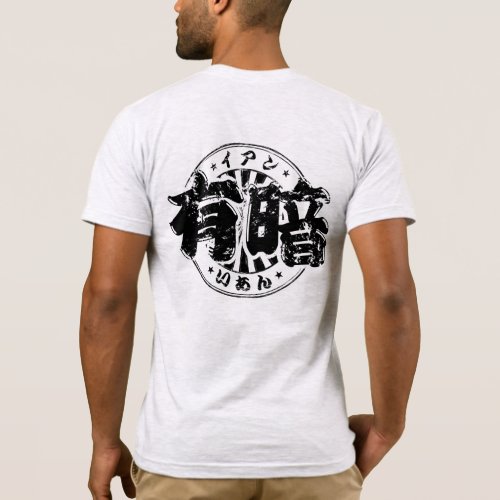
[Kanji] Cool! Ian. T-Shirt
Your (her/his) name became a Chinese character [Kanji]. This used as a phonetic symbol rather than for its meaning. The upper part is a your (her/his) name in
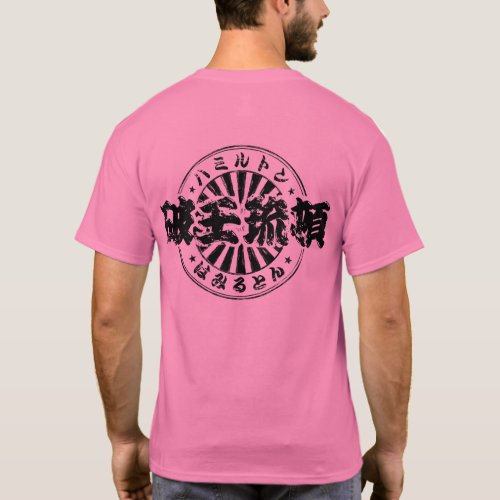
[Kanji] Cool! Hamilton. T-Shirt
Your (her/his) name became a Chinese character [Kanji]. This used as a phonetic symbol rather than for its meaning. The upper part is a your (her/his) name in
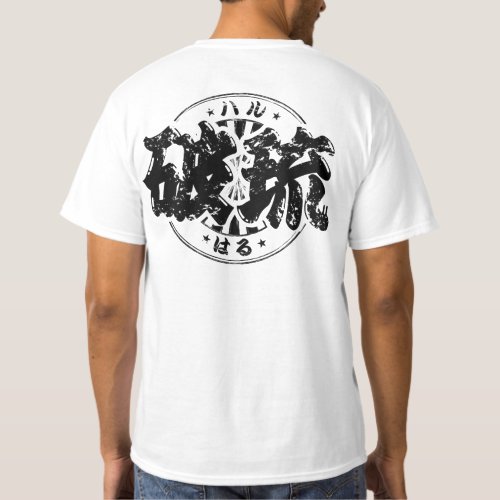
[Kanji] Cool! Hal. T-Shirt
Your (her/his) name became a Chinese character [Kanji]. This used as a phonetic symbol rather than for its meaning. The upper part is a your (her/his) name in
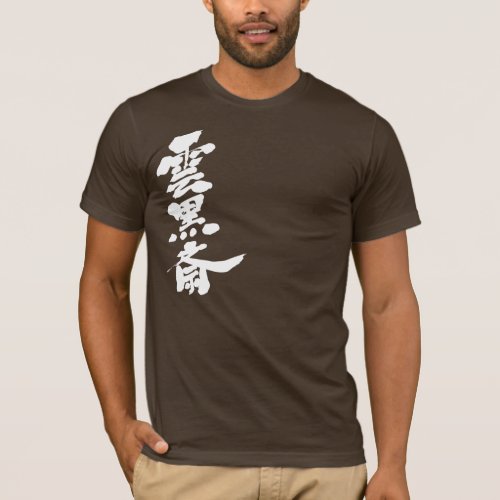
[Kanji] Un-Koku-Sai T-Shirt
it's name that sound like a something master. But It's mean "dirt is bad smell".
